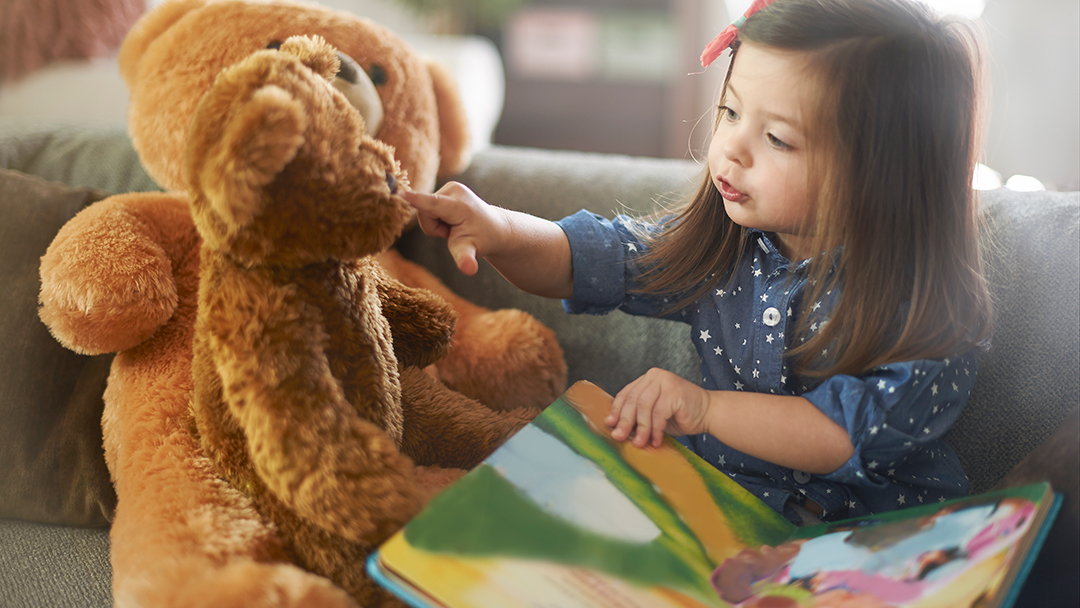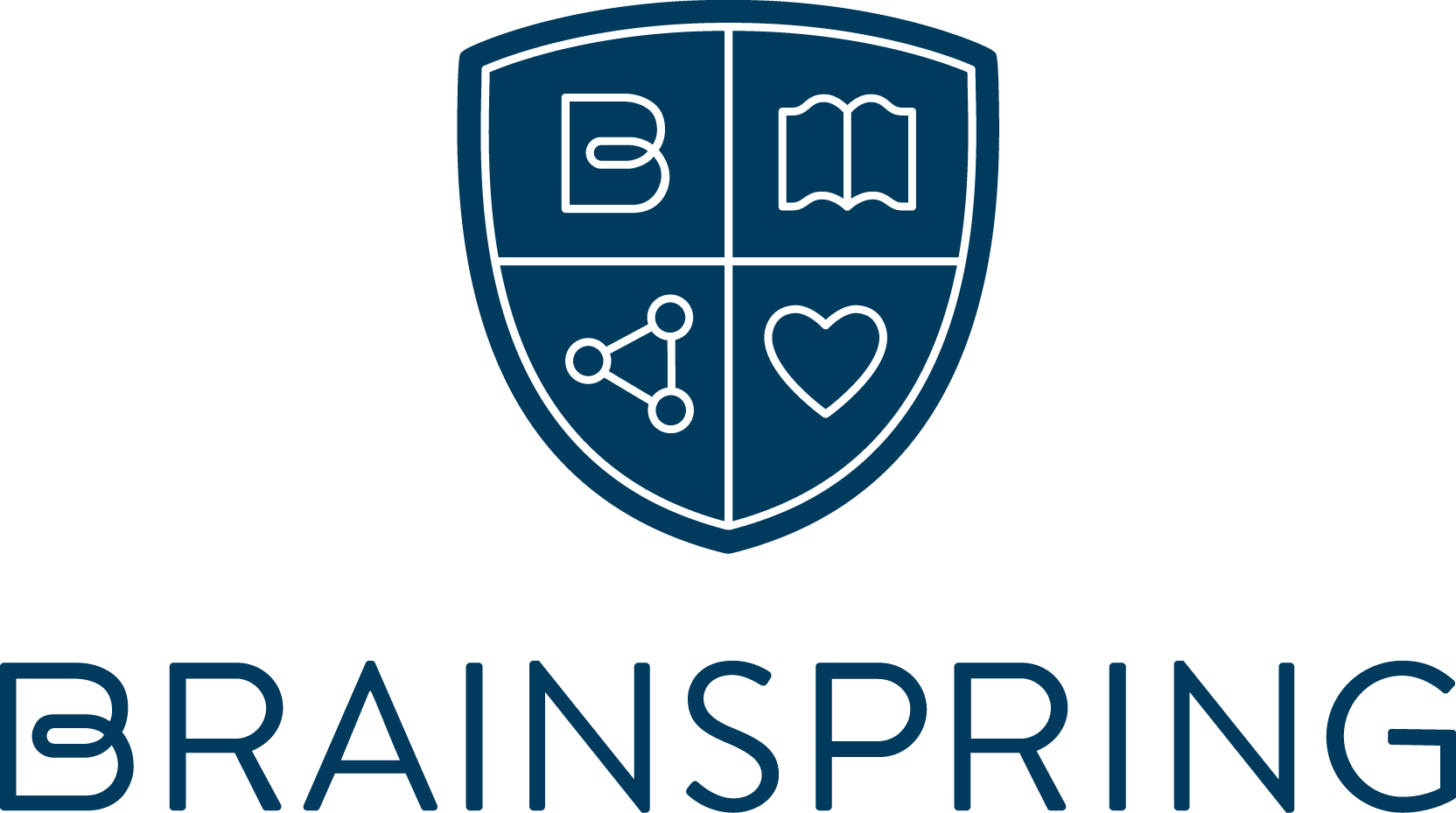Kindergarten Reading Readiness
Posted by Brainspring on 13th Jan 2021
One of the most common questions I am asked is, “What does my child need to know before starting Kindergarten?” Kindergartners are expected to know a lot by the end of their school year, and psychologists will even say that milestones have been bumped up by at least a year. Kindergarten looks a lot different than it did when I was in school; rather, it looks much more like first grade did 30 years ago. Read on to learn some key reading readiness skills to ensure a smoother year for your Kindergartener.
Phonological Awareness
Phonological awareness sounds fancy because it is! Why is it fancy? Strong phonological awareness is a predictor of reading success in the future. It’s essential in the earliest stages of reading.
But, are you wondering what it is?
Phonological awareness is an awareness of the sound structures of speech and the ability to manipulate them. All phonological awareness activities can be done with your eyes closed, as it only involves working with sounds. Skills such as rhyming, counting words in a verbal sentence, counting syllables in a word, segmenting words into speech sounds, etc., are all examples of phonological awareness. Nursery rhymes are a great way to introduce rhyming, and studies show that exposing children to nursery rhymes can boost reading success.
Looking for a way to practice phonological awareness on the go? If so, click here!
The Alphabet
Practicing letter names can be as easy as manipulating magnets on the refrigerator. Having your child recognize and name letters will give them a huge boost in Kindergarten. Start first with letter names only. You can use capital letters, but do not forget to use lowercase letters, too, as they are what we use the most when reading and writing!
Once your child has mastered the letter names, start talking about the sounds each letter makes. Knowing this alphabetic principle will set students up for success in learning the relationships between letters of written language and the sounds of spoken language. I personally loved playing a game of memory with my kids. The matches were the lowercase letter to the uppercase letter. Once we started talking about sounds, we would play the same game with the addition of saying the letter’s sound when they got a match. They thought we were playing. I knew they were learning!
Print Awareness
Exposing our children to print, even if they cannot read it, will set them up for a greater understanding of why we need all these letters, sounds, words, and sentences.
Print awareness is showing our children the following:
- Letters
 make words.
make words. - Words make sentences.
- We put spaces between the words in sentences.
- We read from left to right and top to bottom.
- The difference between different kinds of print, such as lists, signs, and books.
- Where the front and back covers are found.
- What the title of a book is and where it is found.
- Where you start reading on each page and where the end of the story is found.
Kindergarten preparation will help students get through this big year of school. So I will leave you with what I think is the most important preparation you can do. Transmit a love for reading and books. Let them see you reading for personal enjoyment (and we all know that family reading time is the best time!) While you are reading with your child, work on some of the skills above. A little each day goes a long way and will make a big difference in your child’s confidence during their Kindergarten year!
Written by Katie London, M.A.
Katie is a Director at Brainspring Learning Centers.
Brainspring has proudly supported the educational community for more than 25 years.
Our Educator Academy provides educators in grades K-12 with comprehensive MSL Professional Development courses. Learn more about our in-person and online professional development.
The Learning Centers support students through one-on-one, multisensory tutoring sessions. Learn more about our in-person (available in Southeast Michigan) and nationwide online tutoring.

